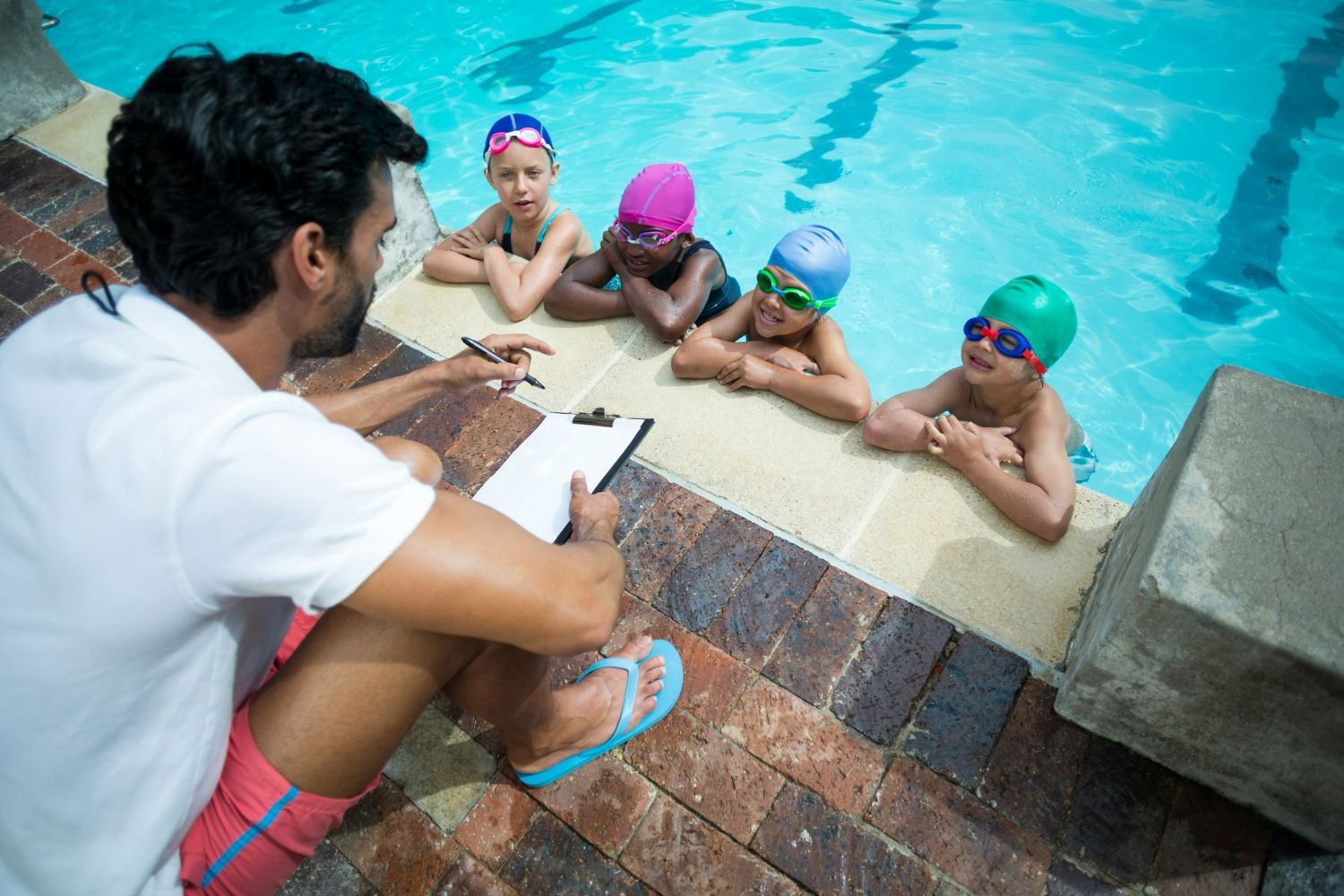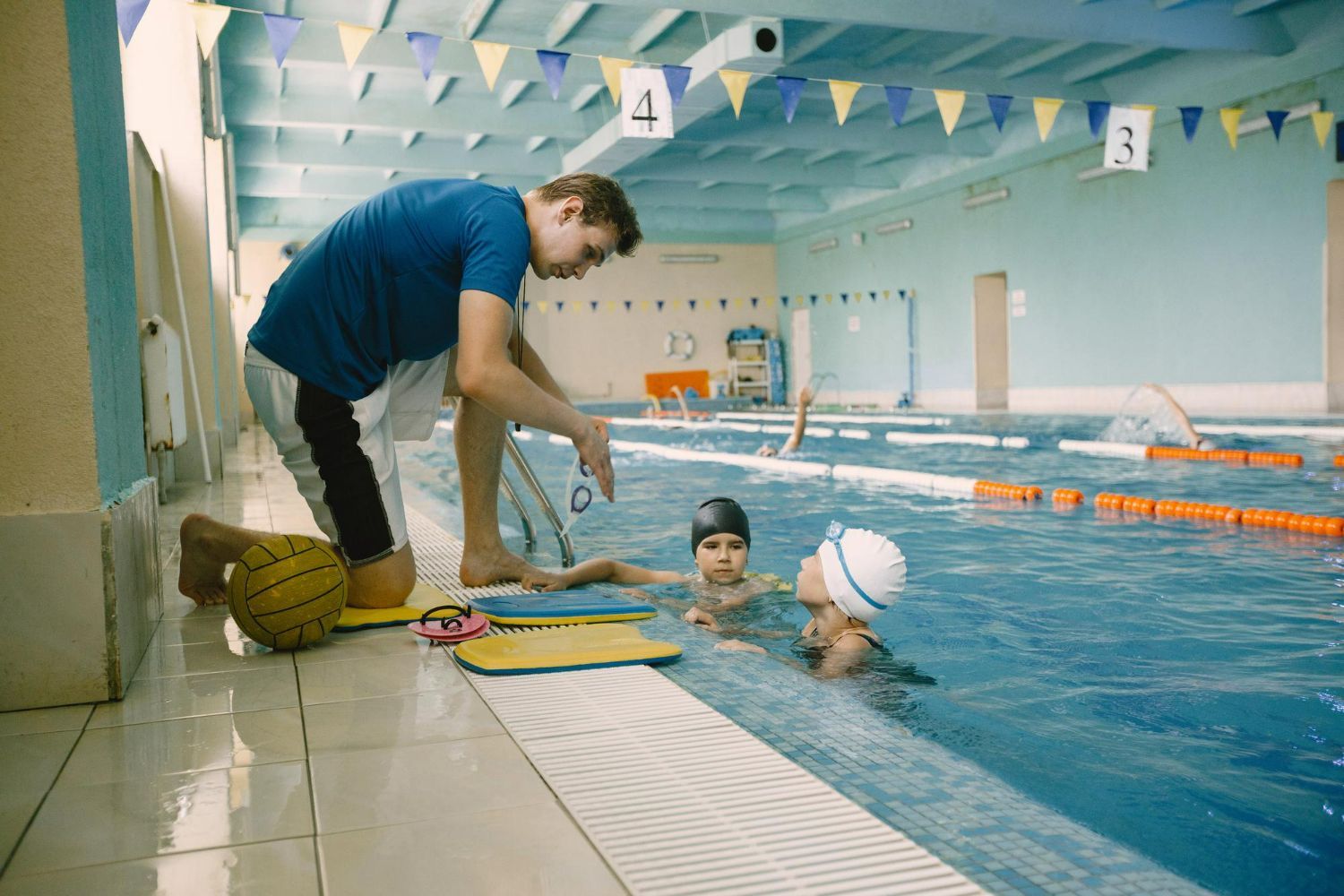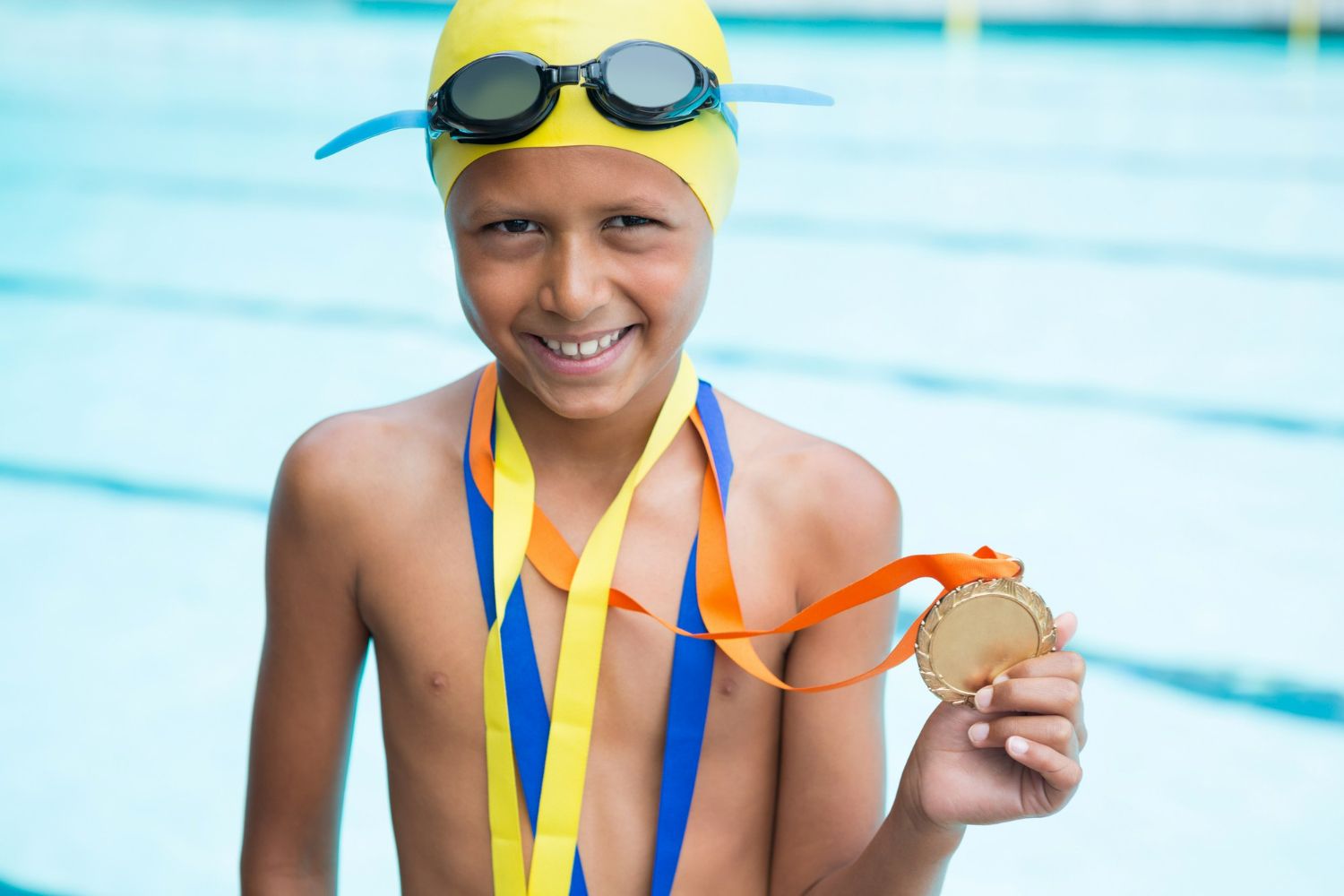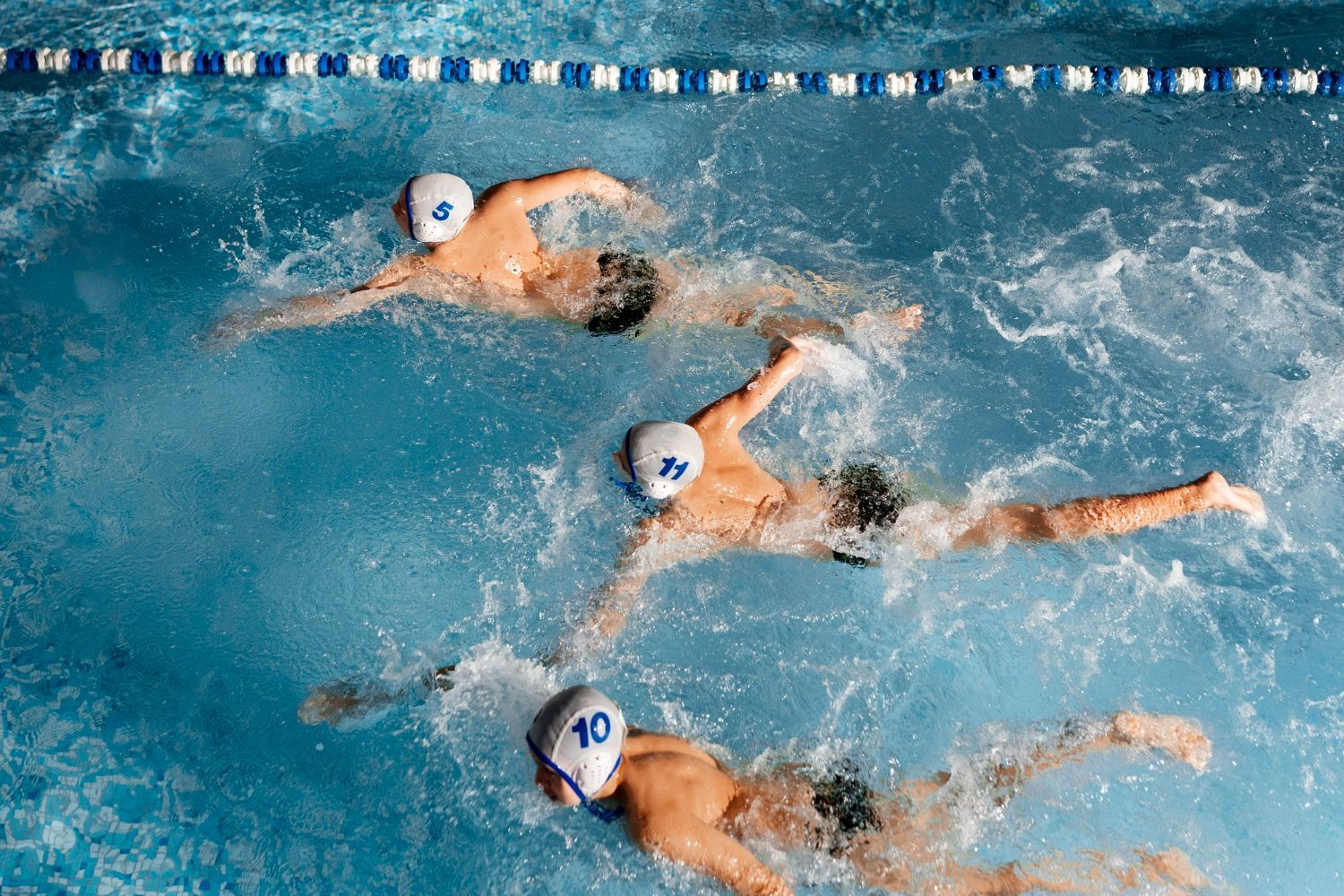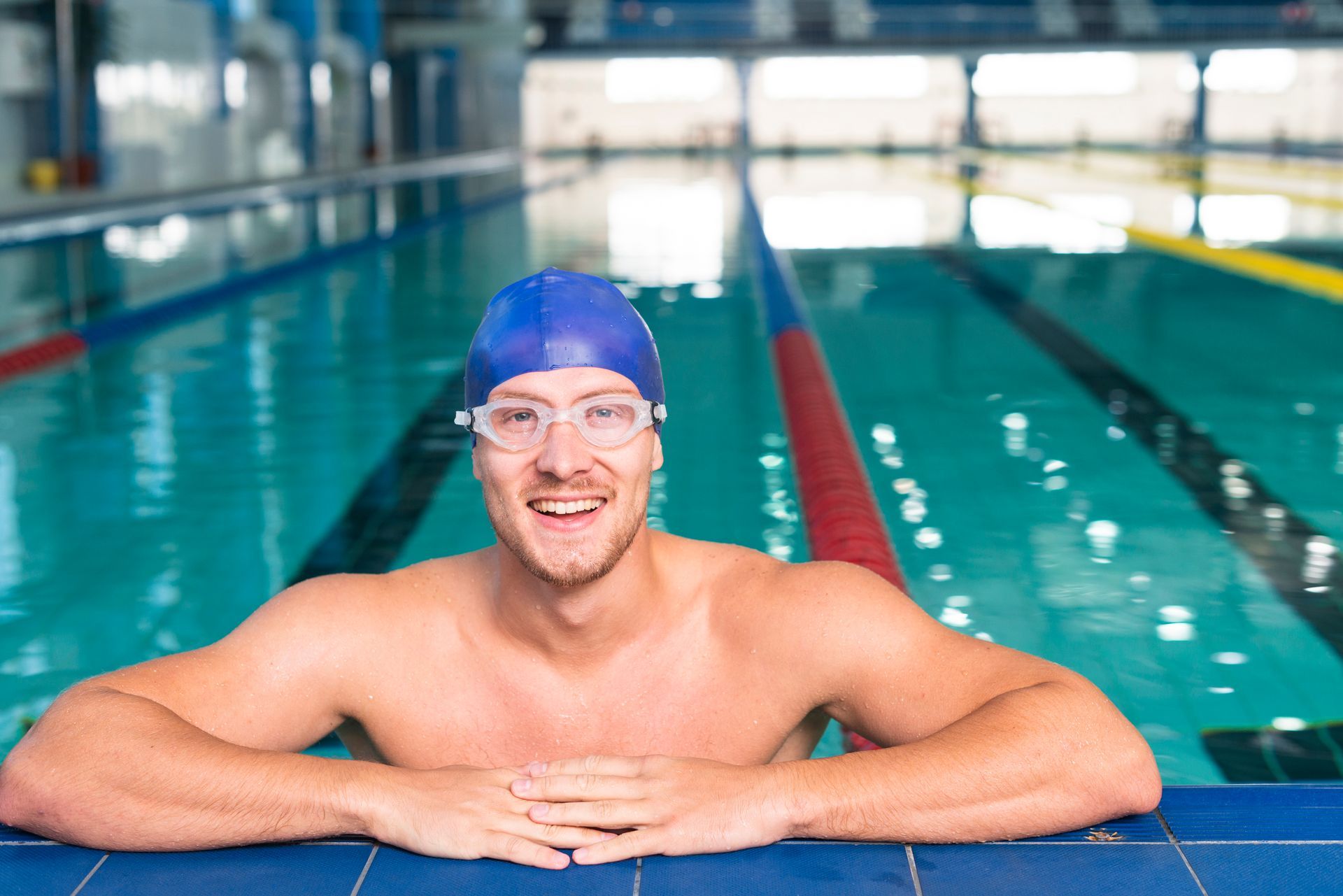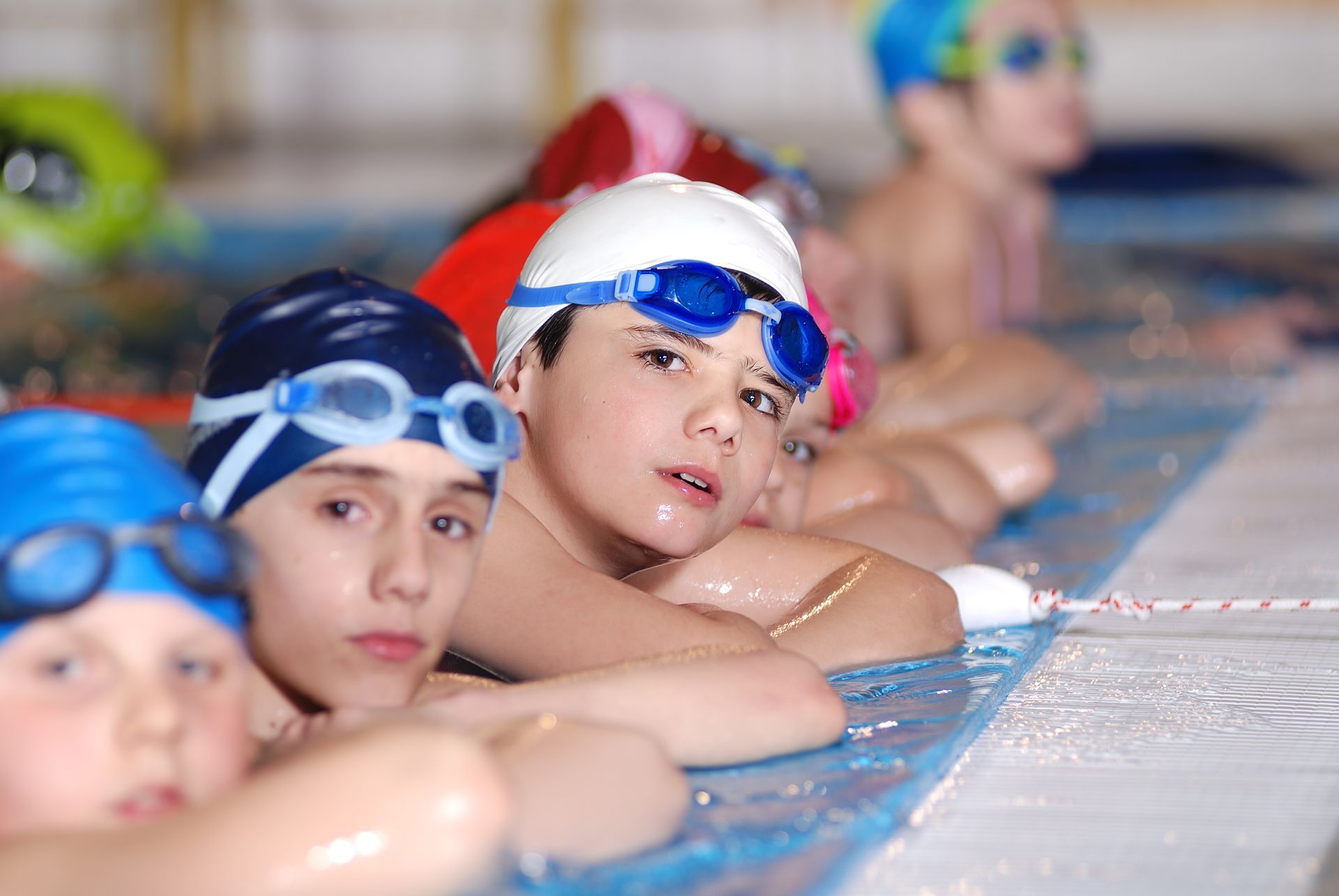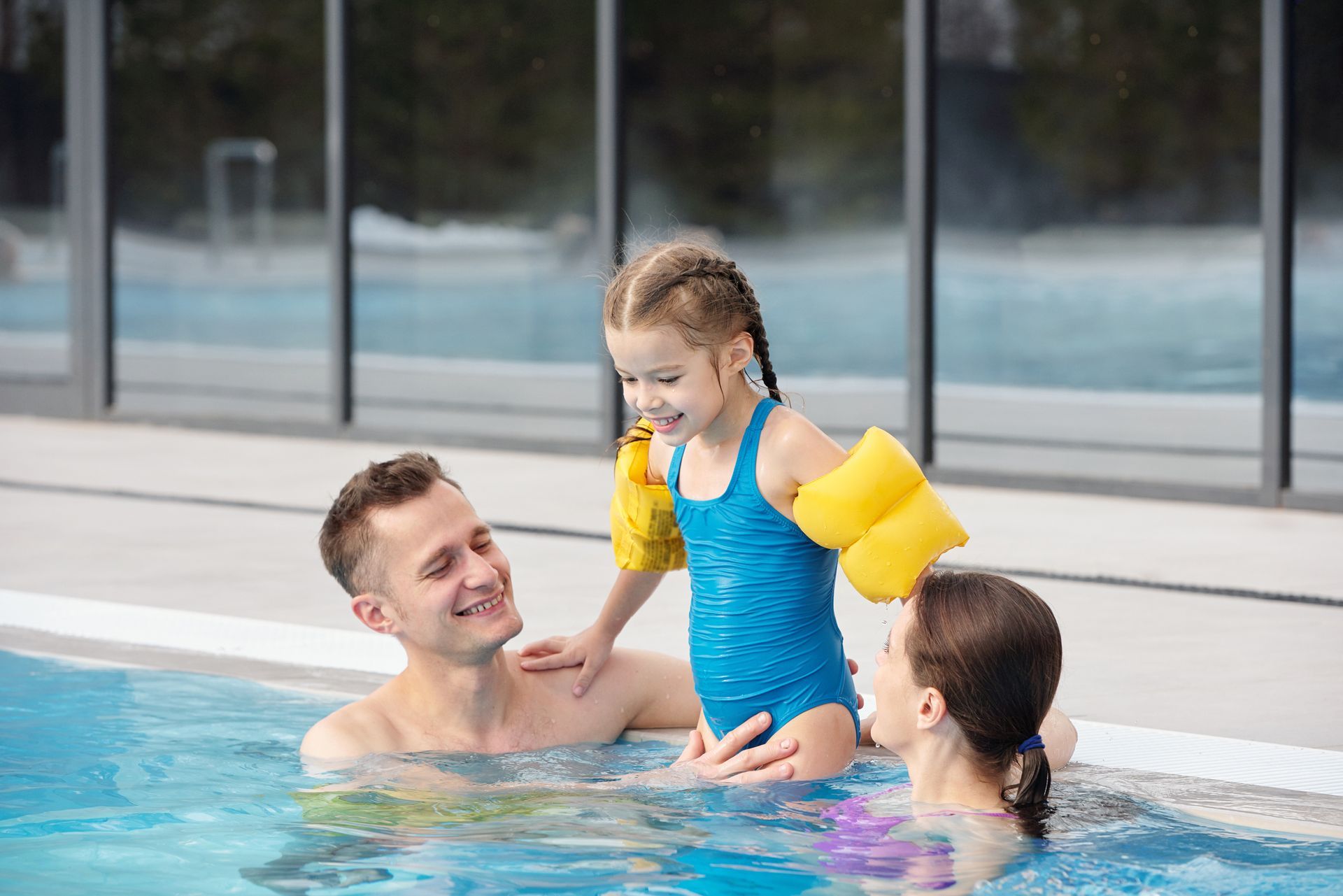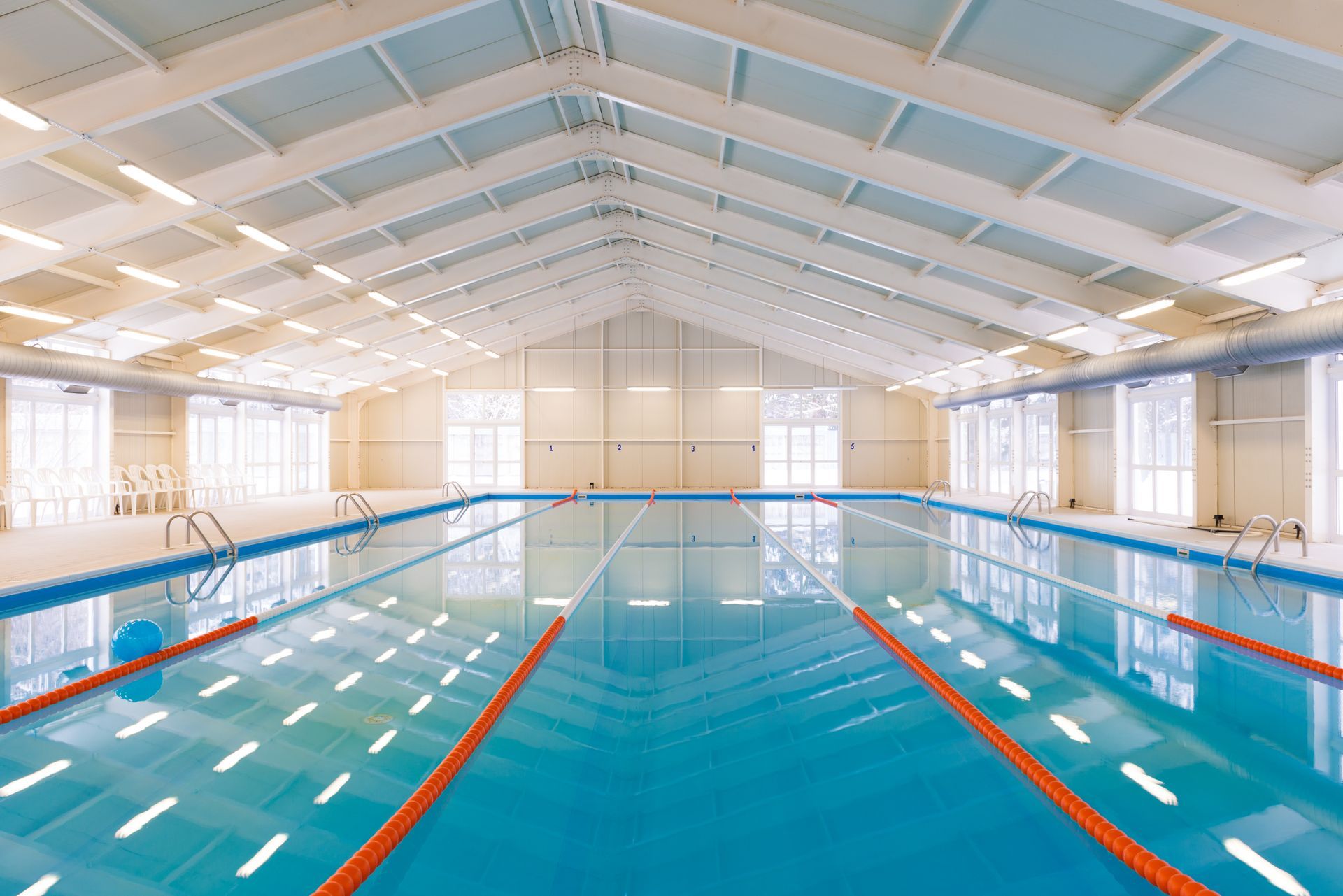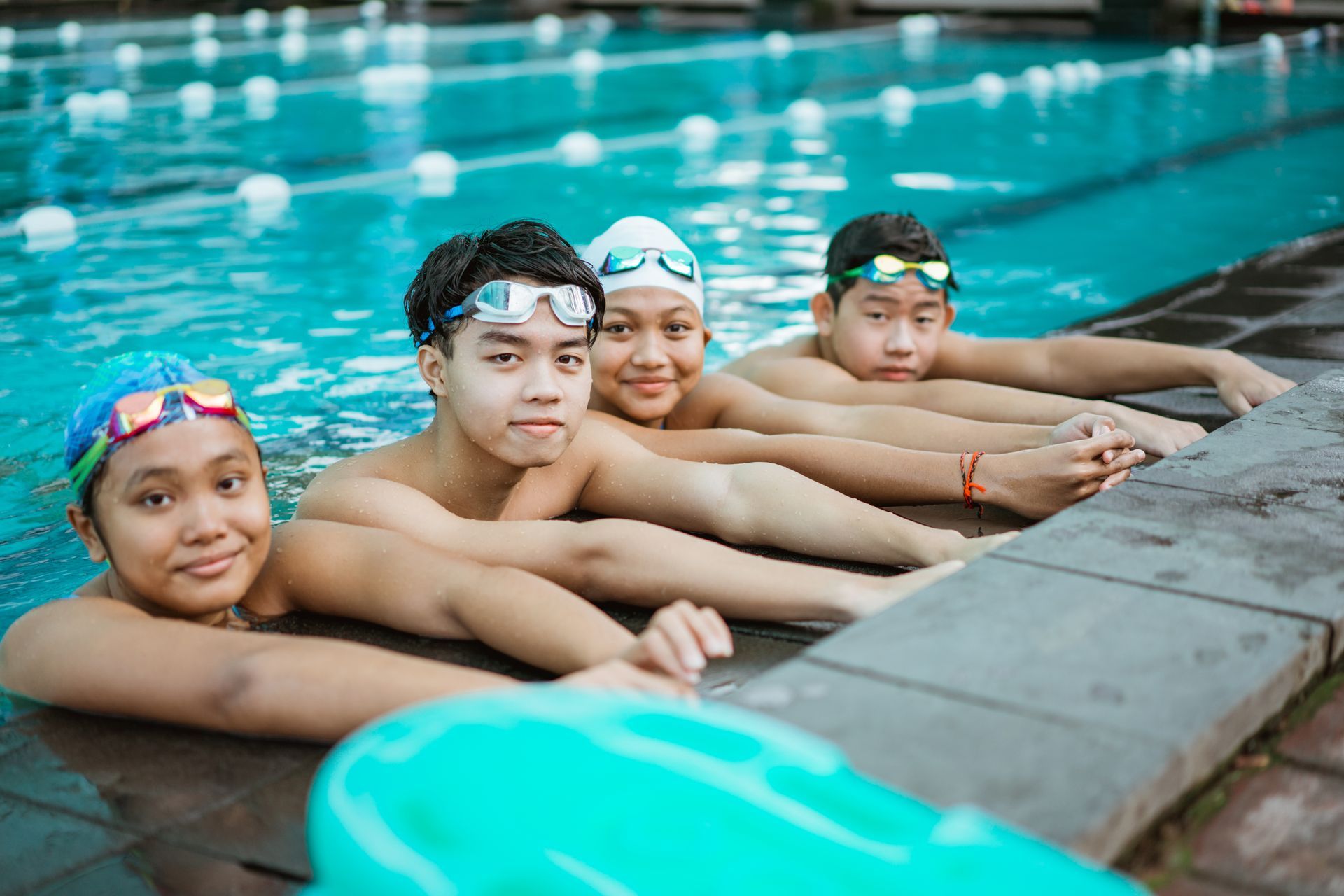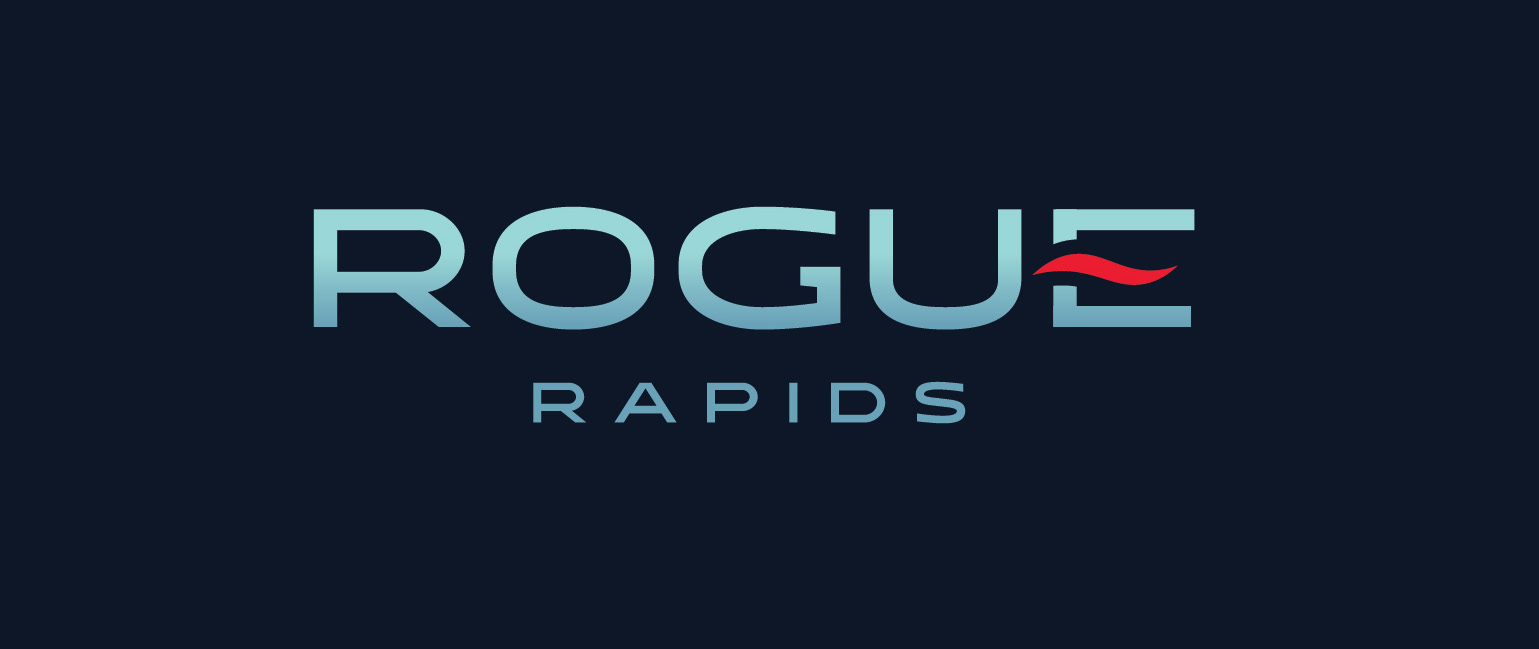The Science of Swimming: Enhancing Performance
Swimming is not just a sport; it's a science. At Rogue Rapids, we believe in harnessing the power of scientific principles to elevate our athletes' performance. Understanding the biomechanics and physiology of swimming can significantly improve technique, speed, and endurance. In this blog post, we'll dive into the science of swimming and explore ways to enhance performance for young swimmers in Southern Oregon.
The Importance of Technique in Swimming
Mastering Stroke Mechanics
Effective swimming starts with mastering stroke mechanics. Proper technique minimizes resistance and maximizes propulsion, making swimmers faster and more efficient in the water. Each stroke, whether freestyle, backstroke, breaststroke, or butterfly, has specific mechanics that athletes need to perfect. Consistent practice and attention to detail can help swimmers develop a smooth and powerful stroke.
The Role of Hydrodynamics
Understanding hydrodynamics is crucial for swimmers aiming to enhance performance. The water's resistance is a significant factor, and reducing drag is essential. Swimmers should focus on maintaining a streamlined body position, minimizing unnecessary movements, and improving their kick. Efficient hydrodynamics not only improve speed but also reduce energy expenditure.
Boosting Swim Performance Through Conditioning
The Physiology of Swimming
Swimming is a full-body workout that requires coordination between the cardiovascular and musculoskeletal systems. Aerobic and anaerobic conditioning is essential for improving endurance and speed. Rogue Rapids' training programs incorporate various exercises that enhance cardiovascular fitness and muscular strength, helping swimmers excel in competitions.
Strength and Flexibility Training
Strength training is not just for the gym; it's vital for swimmers too. Building core strength and muscle endurance enhances stroke power and reduces fatigue. Flexibility training, on the other hand, improves range of motion and prevents injuries. Incorporating stretching routines and resistance exercises can lead to significant improvements in swimming performance.
The Power of Mental Preparation
Building Mental Resilience
The mental aspect of swimming is as crucial as the physical. Building mental resilience helps swimmers handle the pressures of competition and the rigors of training. Visualization techniques, positive self-talk, and goal-setting are powerful tools that boost confidence and focus. At Rogue Rapids, we emphasize mental preparation to help athletes perform at their best under any circumstance.
The Role of Sports Psychology
Sports psychology can offer valuable insights into enhancing swimming performance. Techniques such as cognitive restructuring and relaxation strategies can reduce anxiety and improve focus. Working with a sports psychologist or incorporating mental training into daily practice can lead to a heightened competitive edge.
Harnessing Technology in Training
Analyzing Performance Through Wearable Technology
Technology is revolutionizing swimming training. Wearable devices can track metrics such as stroke rate, swim speed, and heart rate. By analyzing this data, swimmers and coaches can identify strengths and areas for improvement. These insights enable personalized training plans and ensure each athlete reaches their full potential.
Video Analysis for Technique Improvement
Video analysis is a powerful tool for swimmers. Recording and reviewing sessions allows athletes to see their technique and make necessary adjustments. Slow-motion playback and side-by-side comparisons with professional swimmers offer invaluable visual feedback, enhancing learning and progress.
Tailored Nutrition for Swimmers
Optimal Nutrition for Peak Performance
Nutrition plays a vital role in a swimmer's performance. A diet rich in lean proteins, complex carbohydrates, and healthy fats fuels training and recovery. Hydration is equally important, as even mild dehydration can impact performance. Our nutrition plans at Rogue Rapids are designed to meet the specific needs of young athletes, ensuring they have the energy and nutrients required for peak performance.
Timing Meals for Maximum Energy
Meal timing can significantly affect energy levels. Consuming a balanced meal several hours before training and incorporating fast-digesting snacks closer to practice ensures optimal energy availability. Post-workout nutrition helps in recovery and muscle repair, enabling swimmers to return stronger for their next session.
The Sofia Marks Scholarship Fund: Fostering Growth
At Rogue Rapids, we believe in providing opportunities for all aspiring swimmers. The Sofia Marks Scholarship Fund embodies this commitment, supporting athletes who share a passion for swimming. By investing in our youth, we nurture talent and promote a lifelong love for the sport, ensuring the sport's benefits reach every corner of our community.
Dive into Excellence with Rogue Rapids
At Rogue Rapids, we are committed to incorporating the science of swimming into our training programs, empowering our athletes to achieve excellence. Whether you're a novice learning the basics or an elite athlete striving for international competition, our comprehensive approach ensures you receive the support you need to succeed.
Ready to take the plunge? Join the Rogue Rapids Swim Team and experience our welcoming community. Our year-round programs, elite coaching, and cutting-edge training methods will help you excel in swimming and beyond. Contact us today at info@roguerapids.com or visit https://www.roguerapids.com/ to learn more about joining our team and discovering the joy of swimming.
Catch the Wave of Success with Rogue Rapids – Where Dreams Become Reality!

